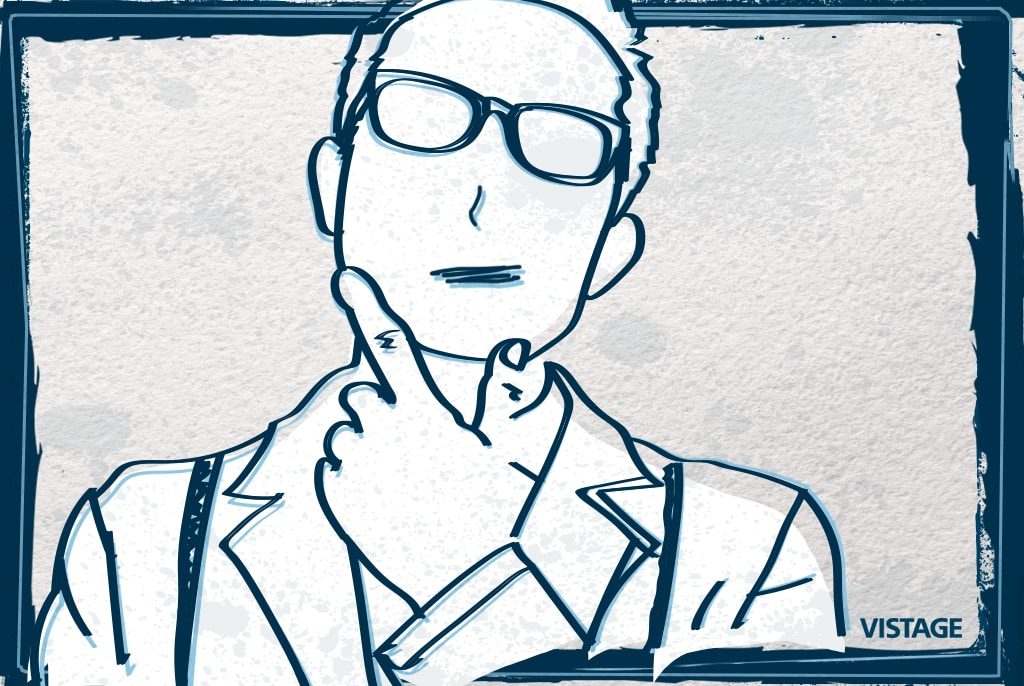Would you play reverse Russian roulette with your money?

Imagine playing Russian roulette with your money. Reverse Russian roulette. It’s not one wealth-destroying bullet and five empty chambers; it’s five bullets and one empty chamber. Odds are 83% your money won’t survive.
That game would be safer for your money than investing in a startup. (Click to tweet this)
About 90% of startups fail, says Erin Griffith in Fortune. Yan Revzin in Forbes says 80% to 90%. The Startup Genome Report says, “more than 90%.” Presenting research by Shikhar Ghosh, a senior lecturer at Harvard Business School, Deborah Gage in The Wall Street Journal says, “about three-quarters of venture-backed firms in the U.S. don’t return investors’ capital.”
No investor would play reverse Russian roulette without, for example, quizzing the entrepreneur about market need. No entrepreneur would set out to make a product no customer will buy. Yet, Griffith says, “lack of a market need for their product” is the most common fatal mistake of failed startups. That’s according to the startups’ founders.
Lack of market need, and other fatal mistakes, may be causes of startup failure, but they are effects of something else. Something else causes people to believe there is market need when there isn’t. Something else causes people to believe funding is adequate (noted by Gage/Ghosh, Griffith, and Revzin) when it isn’t. Something else causes people to believe product bugs are acceptable (Revzin) when they’re not. Those “something-elses” include cognitive biases, pressure (real or perceived) to make forecasts look enticing, hidden assumptions that incumbents won’t push back, and more.
Investors and entrepreneurs don’t need more financial due diligence to improve startups’ odds. They need an antidote for those something-elses. I suggest due diligence for uncertainty.
- In business war games I’ve heard executives exclaim, “I didn’t know they could do that!” And then I’ve seen them find effective solutions for “that.” The trick is to explore potential threats intensely and realistically. Without intensity and realism, people superficially acknowledge the threats, make rosy assertions about ripostes and think they’re prepared.
- People trust their mental calculators too much when they intuit the results of their business decisions. That includes me. I write simulations, and my simulations routinely display outcomes I didn’t expect. Think that doesn’t apply to you? Contact me. I’ve got a little test for you. See: “A Tournament Pits Strategists Against Each Other to See What Works.”
- Interpret subsequent events thoughtfully. What you learn about strategy and competing can help you make better future decisions and grow as a strategist. See: “One-Trial Learning: Or, Counting on Luck.”
Human beings unintentionally but systematically underestimate the range of potential scenarios and outcomes. Don’t brush off uncertainty or consider it a flaw of analysis or personality; accept it, embrace it. The more you know about what might happen, the better you can prepare for it.
Alas, it takes sober effort to ponder uncertainty, and startups are not sober. They are giddy with hope, enthusiasm, and adrenaline; they are motivated. People who warn against the something-else perils I mentioned earlier, cognitive biases et al., are scorned as naysayers who drown future glory in cold water. I know because I’ve tried.
I was involved in a startup. We had to make our case to potential investors, so I created a little simulation to explore our prospects. No one wanted to see it. They didn’t want probabilities and scenarios; they wanted clear, simple, hard, happy numbers along with a make-it-happen attitude.
Our actual results were closer to the least optimistic simulations and well below those clear, simple, hard, happy numbers. We appeared to be underfunded, one of the fatal mistakes cited in the startup-failure articles, because we burned through our money before we achieved critical mass. What caused the underfunding was our overoptimism about our launch.
Don’t like the reverse Russian roulette odds? Stay motivated — motivated is good — but do something else, too. Take occasional breaks for sobriety. Ponder uncertainty to improve the quality of your decisions. As Scott Plous, Professor of Psychology at Wesleyan and author of The Psychology of Judgment and Decision Making, advised, “stop to consider reasons why your judgment might be wrong.” (Click to tweet this quote)
Have you invested in or been part of a startup? Leave me a comment below on how the experience was and if pausing for breaks of sobriety helped you stay on track.


“due diligence for uncertainty”. Pearls of wisdom. VC seems to accept the 1:10 ratio, as long as the 1 is a Facebook or Uber. Imagine how much higher ROI VC investors could earn if they added somber strategy-pressure tests to their infatuation with technology.
Thanks, Ben! I agree about VC. As you say, the irony is that stress-testing strategy wouldn’t have to do a lot merely to double the odds from 1 in 10 to 2 in 10. Doubling the odds? Now that’s ROI.
Good article! We are linking to this grea article on our
website. Keep up the great writing.
Thanks! Where’s the link on your website?